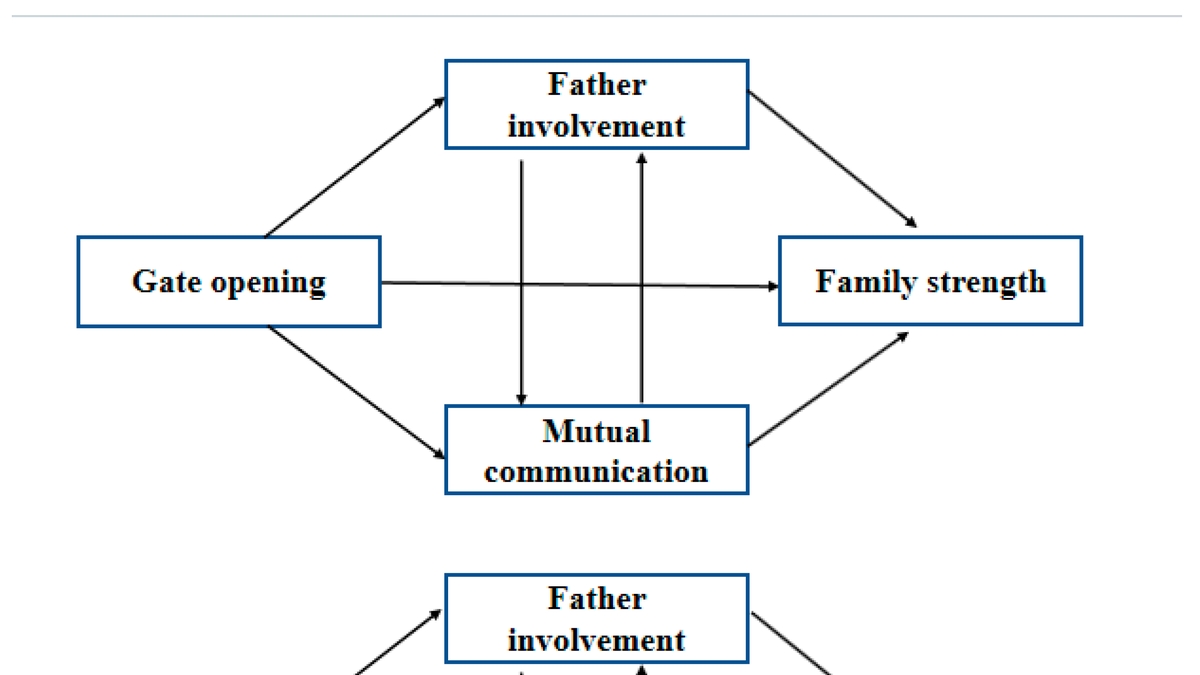Understanding Maternal Gatekeeping
Maternal gatekeeping, a term denoting the actions and attitudes of mothers that can either facilitate or hinder the involvement of fathers or other caregivers in parenting duties and decision-making processes, is a multifaceted concept. It encompasses ‘gate closing,’ where mothers limit fathers’ participation, and ‘gate opening,’ where mothers actively support and trust fathers in their child-rearing roles.
Root Causes of Maternal Gatekeeping
Various factors underlie maternal gatekeeping behaviors. Research suggests that one primary driver is insecure attachment styles. Mothers with insecure attachments may feel uneasy about sharing parenting responsibilities, fearing it could impact their bond with their child. Additionally, adherence to traditional gender roles is significant. Mothers upholding conventional gender norms may view themselves as the primary caretakers, thereby restricting fathers’ involvement.
Parental well-being also influences maternal gatekeeping. Mothers facing physical or emotional stress may be more inclined to engage in gatekeeping to maintain control over the parenting environment for their child’s safety and welfare.
Adverse Effects of Maternal Gatekeeping
Despite originating from a mother’s protective instincts, maternal gatekeeping can have detrimental effects on children, parental relationships, and family dynamics. Gate closing, in particular, is linked to reduced paternal involvement in both quality and quantity. This can strain father-child relationships, impede effective co-parenting, and elevate family stress levels.
Excessive maternal gatekeeping can harm the father-child bond and children’s overall welfare. Fathers consistently discouraged from participating in parenting may feel marginalized, impacting their connection with their children. Children may also miss out on the diverse benefits fathers bring to their upbringing.
Positive Impact of Gate Opening
Conversely, gate opening, where mothers endorse and trust paternal involvement, yields positive outcomes for families. Open gates lead to increased paternal participation in childcare, benefiting children, nurturing stronger parental partnerships, and empowering fathers in caregiving roles.
Addressing Maternal Gatekeeping
To tackle maternal gatekeeping, fostering self-reflection on its origins and promoting transparent communication between parents are vital. Challenging societal norms and advocating for shared parenting can cultivate healthier family dynamics. Recognizing fathers’ caregiving capabilities enables mothers to relinquish the burden of sole responsibility for their children.
In essence, maternal gatekeeping, influenced by diverse factors, necessitates an understanding of its repercussions and a commitment to fostering balanced parental partnerships. This approach not only benefits parents and children individually but also cultivates harmonious family dynamics and overall well-being.

